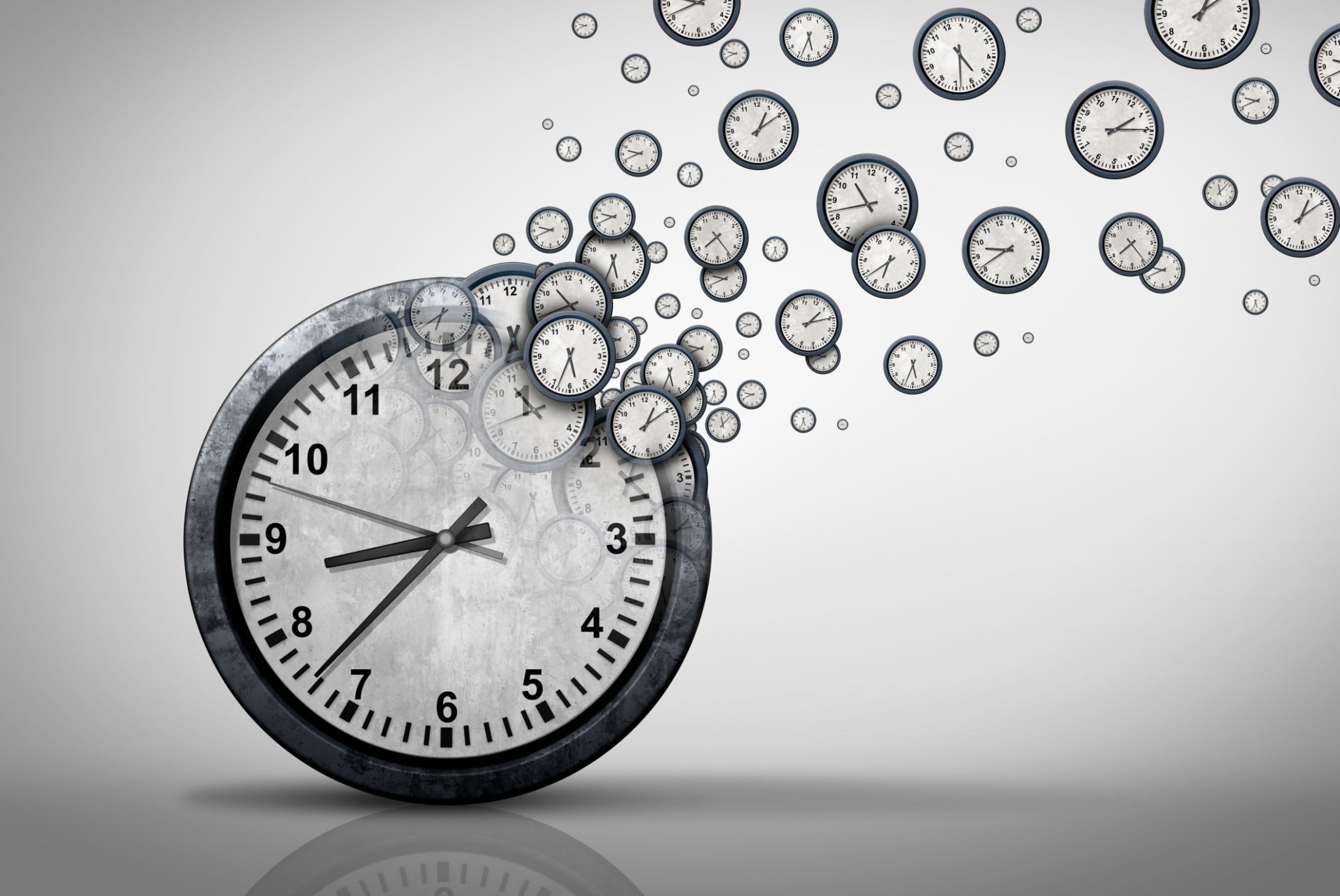Practical Life Skills for Neurodivergent Individuals: Expert Tips
Understanding Neurodiversity
Neurodiversity is a concept that recognizes neurological differences as a normal and natural variation of the human genome. This includes conditions such as autism, ADHD, dyslexia, and more. These differences can impact how individuals process information and interact with the world around them, making the development of practical life skills particularly important for neurodivergent individuals.
For neurodivergent individuals, traditional approaches to learning and skill acquisition might not always be effective. Instead, personalized strategies that cater to their unique ways of thinking can be more beneficial. By focusing on practical life skills, neurodivergent individuals can enhance their independence and confidence in daily activities.

Time Management Techniques
One of the key areas where neurodivergent individuals often seek support is time management. Developing strong time management skills can help in managing daily tasks more effectively. Here are some expert tips:
- Visual Schedules: Use visual aids like calendars or planners to outline daily activities. Color-coding tasks can also help in better understanding priorities.
- Timers and Reminders: Utilizing timers and alarms can aid in staying on task and transitioning between activities smoothly.
- Chunking Tasks: Breaking down tasks into smaller, manageable parts can make them less overwhelming and easier to accomplish.

Establishing Routines
Creating a consistent routine is another crucial skill for neurodivergent individuals. Routines provide a sense of predictability and structure, which can be comforting and reduce anxiety. Consider the following:
- Morning and Evening Habits: Establish regular morning and evening routines to start and end the day positively.
- Flexible Structure: While routines are important, allowing some flexibility can accommodate unexpected changes more comfortably.
Communication Skills
Effective communication is essential for building relationships and navigating social interactions. Neurodivergent individuals may experience challenges in this area, but with the right strategies, they can communicate more effectively:
- Active Listening: Developing active listening skills can enhance understanding and improve interactions with others.
- Nonverbal Cues: Paying attention to nonverbal signals, such as body language and facial expressions, can offer important social context.

Self-Advocacy
Self-advocacy is about understanding one's needs and communicating them effectively. It empowers neurodivergent individuals to express themselves and advocate for the support they require. Here are some tips:
- Know Your Strengths: Recognize personal strengths and how they can be leveraged in different situations.
- Practice Communication: Regular practice of expressing needs and preferences can build confidence over time.
Sensory Regulation Techniques
Sensory processing differences are common among neurodivergent individuals. Understanding how to regulate sensory input can significantly improve comfort and concentration levels:
- Identify Triggers: Recognize sensory triggers that cause discomfort or distress and find ways to minimize exposure.
- Sensory Tools: Use tools such as noise-canceling headphones or fidget devices to manage sensory overload.
Coping Strategies
Coping strategies are essential for managing stress and emotional challenges. Neurodivergent individuals can benefit from personalized techniques that cater to their needs:
- Mindfulness Practices: Techniques like mindfulness and deep breathing can help in reducing stress levels.
- Creative Outlets: Engaging in creative activities such as art or music can provide a healthy emotional release.

By focusing on these practical life skills, neurodivergent individuals can enhance their ability to navigate daily challenges with greater ease. Tailoring strategies to individual needs ensures that everyone has the opportunity to thrive in their own unique way.